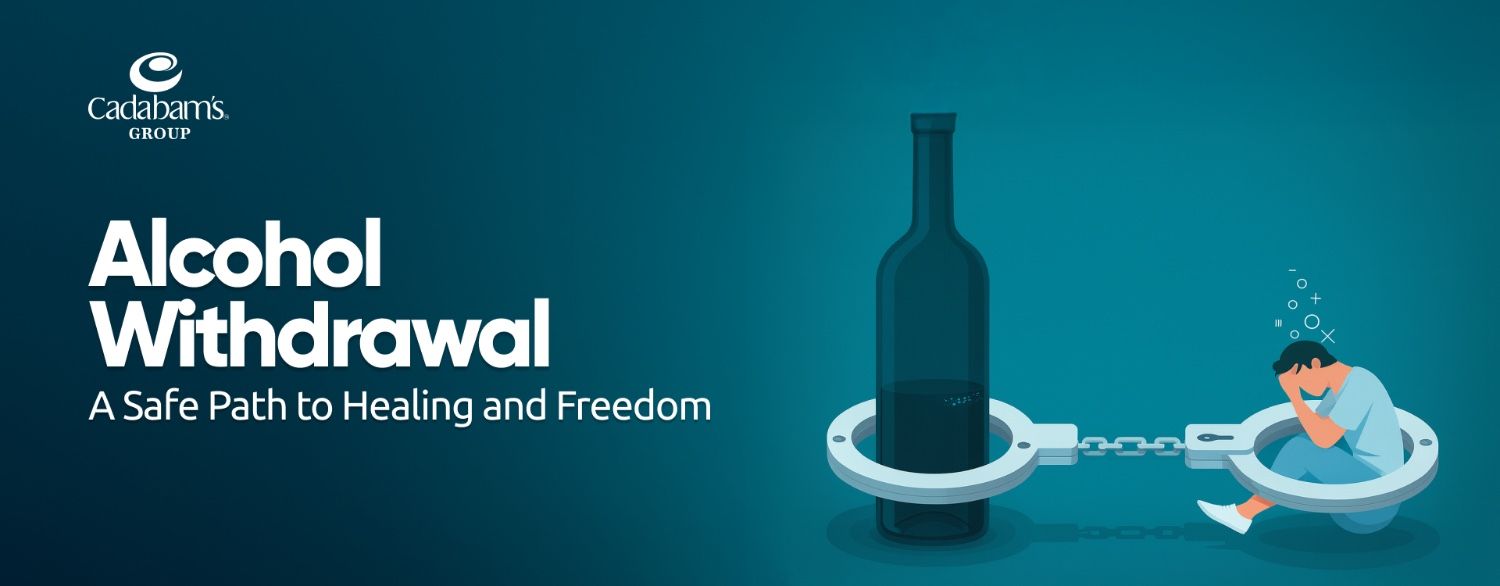A number of new methods and therapeutic techniques are coming up to make the journey towards recovery effective, easier and smoother. One of these attempts is integrating neurofeedback in the recovery program.
Neurofeedback is a therapeutic intervention that uses biofeedback mechanism. Here medical instruments, sensors, are attached to the individual’s head and face region. These sensors record, monitor and display the brain activity live on a screen that is shown to the individual. The sensors process the information they pick and display it as a game. The individual is asked to either focus or relax and scores only when the brain activity of the individual follows a desirable appropriate pattern.
How exactly does neurofeedback help in addiction recovery?
When using neurofeedback, addiction is considered a brain disorder and neurofeedback helps re-train the brain to work in a desirable manner. Neurofeedback is known to help individuals control and cope with cravings by helping the individual control their thoughts. It helps the individual relax, stay calm, allowing rational thinking.
It helps the individual manage stress and help them stay calm. This is important as stress is one of the major causes for relapse. It also helps to correct the activity in the brain regions that require hyper arousal or hypo arousal.
It also helps cope and manage withdrawal symptoms such as chronic headache and sleeplessness, allowing the body to relax.
Along with alcoholism it is usually seen that the individual has other mental disorders too such as depression or anxiety. Neurofeedback here helps to cope and manage these mental disorder symptoms.
Through neurofeedback the individual gets to know how their brain works and how to retrain their brain so as to cope with cravings. It helps increase the individual’s focus and attention as this is highly important in any kind of treatment.
One of the biggest role neurofeedback plays in recovery treatment is that; it makes the individual realize that they are in control of their thoughts and action. When this kind of thought is build, disorder wherein the individual feels ‘not in control’ can be treated with ease. For neurofeedback experts, call Cadabams Anunitha on +919611194949.
.webp)







